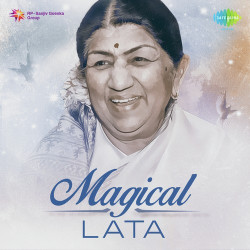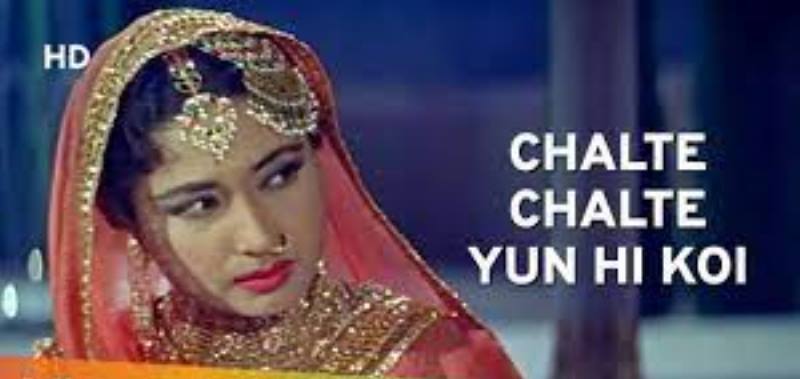
We can't say artists are immune to politics. Pahlaj Nihalani, the former Chairperson of the censor board, wonders why Bollywood is looking towards Pakistan for music. Now they've started doing this to Lata Didi's song as well." but their audacity is increasing by the day. and then saying, 'See it's become so popular'! Chalo humaare gaanon ke saath ye zulm kartey hain (They do this with our songs). Singer Alka Yagnik, whose song Dilbar Dilbar was recently remixed for Satyameva Jayate, said "Why don't they make a new song and make it a superhit if they can, instead of picking up an already superhit song, distorting it, and releasing it again. With due respect (and disrespect) to Atif Aslam, as a singer myself, I will observe a 2 minute silence to mourn rather than offering a comment." “Chalte Chalte” will absolutely leave you wishing for more, so make sure you watch the movie if you ever want to claim cultural competency.Singer and BJP MP Babul Supriyo, no fan of Ati's singing, said, "Today, even the 'poetic' term 'artistic liberty' is at the verge of extinction. Gesturing to the moon, Meena Kumari waits for her mysterious admirer to find her again in Pakeezah (1971)

_570_850.jpg)

For trains can represent that journey from tradition to modernity, from reality to fantasy, and for Pakeezah as well as Kamal Amrohi’s viewers entering a hidden, dying world of ornamentation, the train is a vehicle of escape.

Like Satyajit Ray’s famous Pather Panchali (1955) which pivoted on the introduction of a train whistle across the quiet sugarcane fields, so too does the world of Pakeezah hinge on the sound of a distant train whistle incorporated into the score at the end of the song. It is a theme heavily explored by early French filmmakers first experimenting with the medium (you may remember the loving references to the Lumiere brother’s Arrival of a Train at La Ciotat Station (1895) in Hugo!), and in Indian cinema, trains play no less an important role. Likened to films themselves, the train transports you to a different world and takes you on a brief journey that can leave you different from when you started. For anyone familiar with film theory, “the train” has a fascinating and critically important role in cinematic history across the globe. Meena Kumari dazzles her audience with “Chalte Chalte” in Pakeezah (1971)Īn interesting facet of this song is the interwoven theme of the train ride.


 0 kommentar(er)
0 kommentar(er)
